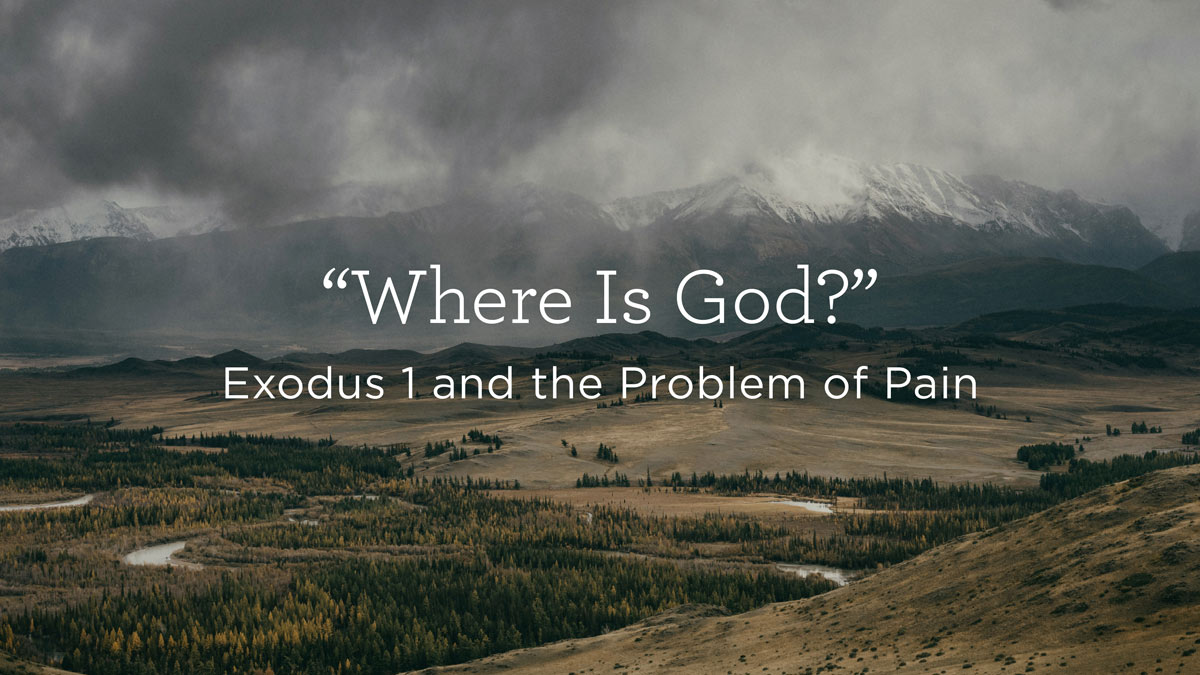Guard the Deposit
The importance of orthodox theology in the early church cannot be overstated. Paul repeatedly tells Timothy to guard the deposit of apostolic truth entrusted to him (1 Tim. 6:20; 2 Tim. 1:13–14) and pass it on to others (2 Tim. 2:1–2). As a pastor in particular, Timothy must be able to teach (1 Tim. 3:2) and to correct his opponents with gentleness (2 Tim. 2:25). Similarly, Paul tells Titus he must be “able to give instruction in sound doctrine and also to rebuke those who contradict it” (Titus 1:9; cf. Titus 1:13). There is a core of apostolic teaching that the Christian church must embrace if it is to be Christian and if it is to be a church.
The Rule of Faith
Sadly, within some Christian traditions today, we see that doctrine is downplayed. We hear people talk about how right living (orthopraxy) is more important than right belief (orthodoxy) and how the Great Commission and the Great Commandment should caution us against spending too much time wrangling about doctrine. Almost all of us have heard the phrase (meant to be a good thing) that someone is “spiritual, not religious.” Even in evangelical churches, we too often settle for vague generalities. We are impatient with technical terms and careful reasoning. We prefer devotional platitudes instead of doctrinal precision.
But that’s not how the early Christians viewed their faith, at least not the ones who had enough education to write about their beliefs. Already in the second century, the church father Irenaeus (ca. 130–202) was referring to something called the “rule of faith.” And Irenaeus was only a couple of generations removed from the apostles. John had been Jesus’s disciple. He heard Jesus teach with his own ears; he saw the miracles with his own eyes; he was there on the Mount of Transfiguration, there at the empty tomb, and there in the upper room at Pentecost. This same John taught Polycarp (69–155), the famous (and ultimately martyred) bishop of Smyrna, who in turn taught Irenaeus.
The Nicene Creed
Kevin DeYoung
The Nicene Creed is a key Christian text essential for all believers. With each chapter focusing on a specific phrase from the creed, this book explores its historical background, theological meaning, and ongoing relevance to the Christian faith.
In the second century, Irenaeus was a great champion for orthodoxy against the heresies of the Gnostics. How Irenaeus combated the Gnostics was almost as important as the specific arguments he made. He quoted from the Old Testament and from many of the documents we now know as the New Testament. In defending the truth, Irenaeus brought everything back to the past. That is, he tested everything against what had already been taught, what had been received, and what had been written down. He appealed, ultimately, to a “rule of faith”—a deposit of apostolic doctrine that had to be believed and should not be spoken against.1
In arguing this way, Irenaeus was articulating a Christian instinct that had been in the church from the beginning. Take the Apostles’ Creed, which probably originated in the middle of the second century, growing out of liturgical formulas already present in the church and called a “symbol of the faith” (“symbol” here is a technical term meaning “a formal authoritative statement or summary of the religious belief of the Christian church”2 ). Three questions were put to adults coming for baptism:
1) “Do you believe in God, the Father Almighty?”
2) “Do you believe in Christ Jesus, the Son of God, who was born of the Holy Ghost and the Virgin Mary, and was crucified under Pontius Pilate, and was dead and buried, and rose again the third day, alive from among the dead, and ascended into heaven, and sat down at the right hand of the Father, and will come to judge the living and the dead?”
3) “Do you believe in the Holy Spirit, in the holy church, and in the resurrection of the body?”3
This language sounds very familiar to most of us. And that’s the point. This doctrinal language has been around since the very beginning. From the earliest days of the church, converts being baptized were required to make a confession of faith, and this involved a confessional formula like the Trinitarian one above.
The importance of orthodox theology in the early church cannot be overstated.
The Nicene Creed starts with “We believe” for a reason. Jaroslav Pelikan has observed that one of the most persistent features of all Christian creeds and confessions—a feature so obvious it is easy to overlook, especially on the other side of liberal theology—“is the utter seriousness with which they treat the issues of Christian doctrine as, quite literally, a matter of life and death, both here in time and hereafter in eternity.”4 It is not enough to exhort people to live like Jesus. To be sure, the apostolic message exhorted people to live godly lives but only in conjunction with a robust message about sin, salvation, incarnation, resurrection, atonement, reconciliation, and eternal life. Any gospel that denies these essentials or ignores them or skips over them to get to something else or leads people to doubt them or does not deal straightforwardly with them is, in effect, a different gospel. The Christian faith is more than a doctrine to be believed, but it is never less.
Notes:
- For an accessible introduction examining how the rule of faith functioned in the early church, see Everett Ferguson, The Rule of Faith: A Guide (Eugene, OR: Cascade Books, 2015).
- Oxford English Dictionary, s.v. “symbol,” accessed June 5, 2024, https://oed.com. The word “symbol” in this sense derives from the Latin word symbolus, which meant something like “sign and seal of authenticity.” The creed is the sign of an authentic Christian.
- The Apostolic Tradition (attributed to Hippolytus of Rome [d. 236]), quoted in Jaroslav Pelikan, Credo: Historical and Theological Guide to Creeds and Confessions of the Faith in the Christian Tradition (New Haven, CT: Yale University Press, 2003), 380–81. Capitalization has been slightly adjusted.
- Jaroslav Pelikan, Credo: Historical and Theological Guide to Creeds and Confessions of the Faith in the Christian Tradition (New Haven, CT: Yale University Press, 2003), 70.
This article is adapted from The Nicene Creed: What You Need to Know about the Most Important Creed Ever Written by Kevin DeYoung.

Kevin DeYoung (PhD, University of Leicester) is the senior pastor at Christ Covenant Church in Matthews, North Carolina, and associate professor of systematic theology at Reformed Theological Seminary, Charlotte. He has written books for children, adults, and academics, including Just Do Something; Impossible Christianity; Daily Doctrine; and The Biggest Story Bible Storybook. Kevin’s work can be found on clearlyreformed.org. Kevin and his wife, Trisha, have nine children.
Related Articles
Crossway is a not-for-profit Christian ministry that exists solely for the purpose of proclaiming the gospel through publishing gospel-centered, Bible-centered content. Learn more or donate today at crossway.org/about.












 English (US) ·
English (US) ·